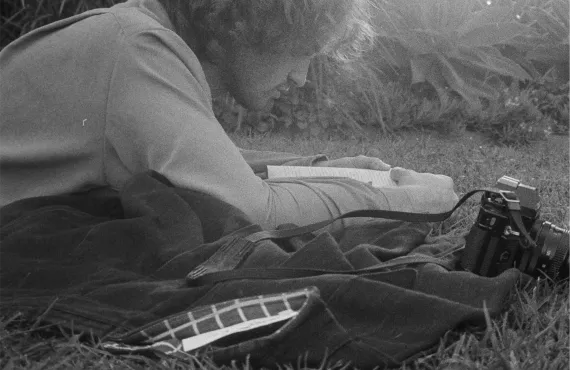What is the harm in how I behave?
By Richie Hardcore
Humans are social animals: we depend on others, and if others don’t like how we act, look or think, they’ll let us know that. Even with our own mates, we’re often making sure that we’re modifying our behaviours to fit in and feel like one of the pack. But fitting in can sometimes mean we ignore our conscience or sense of right and wrong, and when we stay silent in the face of ideas and values that contribute to real, physical harm, like domestic violence, we allow that harm to continue.
How do we contribute to violence?
One in three women in Aotearoa experience violence, most commonly from someone they are in a relationship with, or an ex – this is called “intimate partner violence”.
It’s important that we see how that attitude of violence against women is built – because it’s not always obvious to us, especially when it feels like you’re just joking around or backing your mates. If you think of it like a pyramid, the base of the pyramid that builds to violence can look like jokey comments that objectify women's bodies like rating them out of 10 (which slowly stops us from thinking of them as people), or like egging on a mate who is angry at their partner (rather than encouraging them to talk to her about the problem).
When we see things like this as contributing to domestic violence, we have a responsibility to protect our mothers, sisters and other important wāhine in our lives from being affected by it.
Say your friend tells a full-on story that you know is disrespectful to his girlfriend. The bros might shift around awkwardly or laugh it off before moving on to the next topic, but no one challenges what he's said. By not taking an opportunity to question what he’s presenting, there’s a tacit acceptance that those ideas are okay. And of course, there’s a way to go about challenging ideas that can push people away, but there are ways that bring them in.
So, how do we achieve the latter?
Going on the attack understandably makes people defensive, rather than opening them up to reflect on their behaviour. If you’re with someone and they are saying things you know aren’t true, or are unequivocally sexist (or homophobic, racist etc) a simple “Why do you think that?” is a good entry point to a change-making conversation.
Other options you could roll with include “Where are you getting this information from?” or “has something happened that’s made you feel like that?”
It can also be a good idea to explain why you feel differently ie “I used to think that too but now I think this…” Entering the conversation this way can help the other person feel less alienated because you’re showing them you started on the same page.
It’s also important to think about when and where you check their behaviour. Speaking about it in a group is really important, as it shows your mates that it’s okay to question each other – but sometimes people need the safety of a one-on-one chat to admit they’re in the wrong. If it’s one person who continues to perpetuate the same nasty ideas, maybe pull them aside and yarn in private.
Talking to our mates like this takes patience and a bit of practice but it’s entirely possible. We all have a part to play in ending violence in Aotearoa and it's critical that, as men, we stand up for wahine and do what we know is right.
It’s tough to go against the grain, but if we challenge the stories and values we hear that support violence and anti-female attitudes, it goes a long way towards making a difference.















